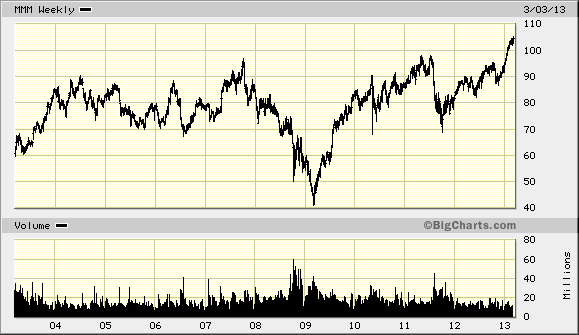My question is about arbitrage (tenders and merger merger arbitrage). I’ve been reading through Warren Buffett’s old letters and in the late 1980’s he had quite an impressive run with his arbitrage investments (I think in 1987 he made around 80% on his arb investments).
Both he and Graham seem to have had long time success for decades using merger arb and other arbitrage techniques. Warren Buffett mentioned in one of his letters that during the 63 years that Ben Graham, Warren Buffett LTD, and Berkshire practiced arbitrage, they made 20% annually on that strategy.
I’m wondering how often you employ any of these strategies in your portfolio? I’m also wondering if it’s more valuable to spend time working on tradition valuations of companies before treading into this highly specialized area? I think you mentioned you look for liquidations when the market gets too high, which I would group into this special situations category. It seems like a specialized area, but also seems like an area that would add uncorrelated returns to the portfolio, and serve as a great substitute for cash when markets begin to become overvalued.
Would love to hear your thoughts on merger arb if you have time… Thanks
—
My Reply
First, you should learn about arbitrage because all investing involves some form of arbitrage. Typically, the average investor takes an immediate to 6 month view but value in equities must be measured over the company lifetime (equities are perpetual securities) so value investors use time arbitrage to benefit. Also, spin-offs are one area to find uneconomic selling. Pursue your studies.
Read Seth Klarman’s book Margin of Safety, Joel Greenblatt’s Genius Book, Berkshire Hathaway’s letters and then look at past deals. Then go where you have the least competition–micro-caps going private, liquidations, etc. Oddball Stocks is one blog and there are others to learn from.
I am opportunistic, but I have found over the past few years there has been so much money with low-to-zero interest rates competition that the spreads have been too narrow. Then when there were deals like Burlington Northern buyout from Berkshire Hathaway back in 2009, the spreads were OK–18% annualized but at that time you could buy MMM at or under $50.
Pursuing merger arbitrage depends upon your opportunity set. Also, don’t compete against the big trading desks on Wall Street–it isn’t worth the risk/reward.
I had a successful merger arbitrage in Burlington Northern but I took my eye off ball in not investing more in the obvious. If I bought around $50 to $55 per share, today I would have a 5% growing dividend yield and a double plus tax deferral.
Today, I feel the environment for many stocks is like this:
However, there are sectors like small gold and silver mining stocks that are in a huge bear market–and for good reasons–but there are opportunities in the areas with the most hatred and plunging prices. Meanwhile the mania in cloud stocks like CRM continues.
There have been companies like NVDA and Intel that offer a more than fair price, but risks are higher than owning a NVR or SYK in the $50s. My first goal is to find compounders–franchises that can compound capital over time (rare), then buy franchises at slight discounts (20% to maybe 30%) and sell when the margin of safety disappears like today with NVR. Then I look for special situations or net/nets.
You have to be flexible and go where you find opportunity but understand the drawbacks of each approach and your own limitations. So recently, I have few special situations in my portfolio but that shouldn’t stop you from pursuing special sits. Just know why you have an edge.
Via Csinvesting
‘Get ValueWalk’s Daily Edition By Email and Never Miss Our Top Stories’ ![]()
The post Merger Arbitrage for Value Investors appeared first on ValueWalk.

